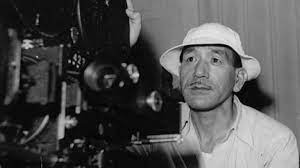I Lived, But . . .
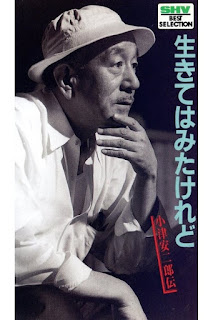
Director: Kazuo
Inoue
Year: 1983
Rating: 7.5
A two-hour documentary from Japanese director
Kazuo Inoue. As I slowly wade into Ozu, I thought it might help to understand
his films if I had a better understanding of him, his methods, his style
and his life. Few directors are held in such respect from critics and other
directors. If anything, he is much better known today than he was during
his lifetime. I am still dwelling in his pre-War films so I have a ways to
go before I get to what is considered distilled Ozu. This was a terrific
documentary that went into his biography of course but his life wasn't
particularly dramatic. There seemed to be no scandals, no low points, no
love affairs so it is the films that matter and that is the focus of this
documentary.
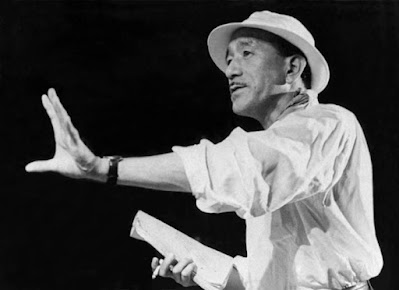
There are some terrific interviews with
actors and others who worked with Ozu and lots of clips from his films. What
you get out of all that is that Ozu was loved by all who worked for him and
that he loved staying up late drinking sake. With everyone it seems. He was
a party guy as long as the party was around a table with sake available.
People talk about his sense of humor and how he loved to tease which sort
of went against what I thought he would be like. His long hound face always
looks so dour. But when it came to film making he was very exact, very controlling,
knew exactly what he wanted and would do take after take till he got it.
Ozu would tell his actors precisely what he wanted them to do - box them
in - he would say if an actor did his own interpretation it would always
be the wrong one.
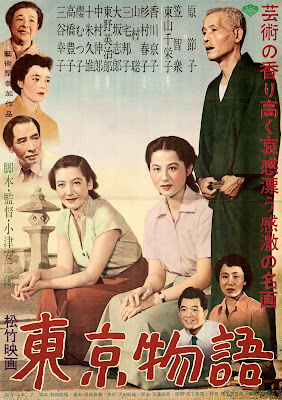
Even scenes such as a woman raising a cup
of tea to drink and giving a line of dialogue would have 20 retakes. He would
tell them you do it differently every time - I want you to do it the exact
same way every time. Then what is the point of 20 retakes? Because you are
not getting it right. His camera work was the same - he would set up the
camera just as he wanted and tell everyone not to touch it. He would meticulously
make sure everything in the frame and the background was just right and would
move around pictures or plates till it satisfied him.
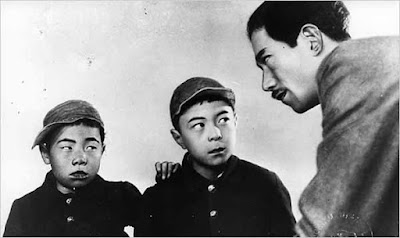
And of course the content of his films
- especially his post-War (Ozu was drafted and served in China) films in
which nearly all of them dealt with family, husbands and wives and their
children, about the nature of life moving forward - your children leaving
you, of getting married, of leaving your parents, of being lonely and finally
dying. His films focus on this in the most simplistic of ways but also the
most focused and emotional. After his first film, Ozu unlike so many of his
contemporaries had no interest in period films. He made stories of the present.
It is intriguing that the family so interested him. He was born in Tokyo
but his father sent his children to rural areas to go to school for years.
Later when he returned he got a job at Shochiku, his father was dead-set
against his going into films. His father died when Ozu was just being successful
and Ozu spent the rest of his life living with his mother until she died
a year before he did. He never married, never had children, never seemed
to be in any relationship - so why I wonder does the family unit so fascinate
him. But we are glad it did because now we have them to watch. I have to
get to his later films but I have a long ways to go.
